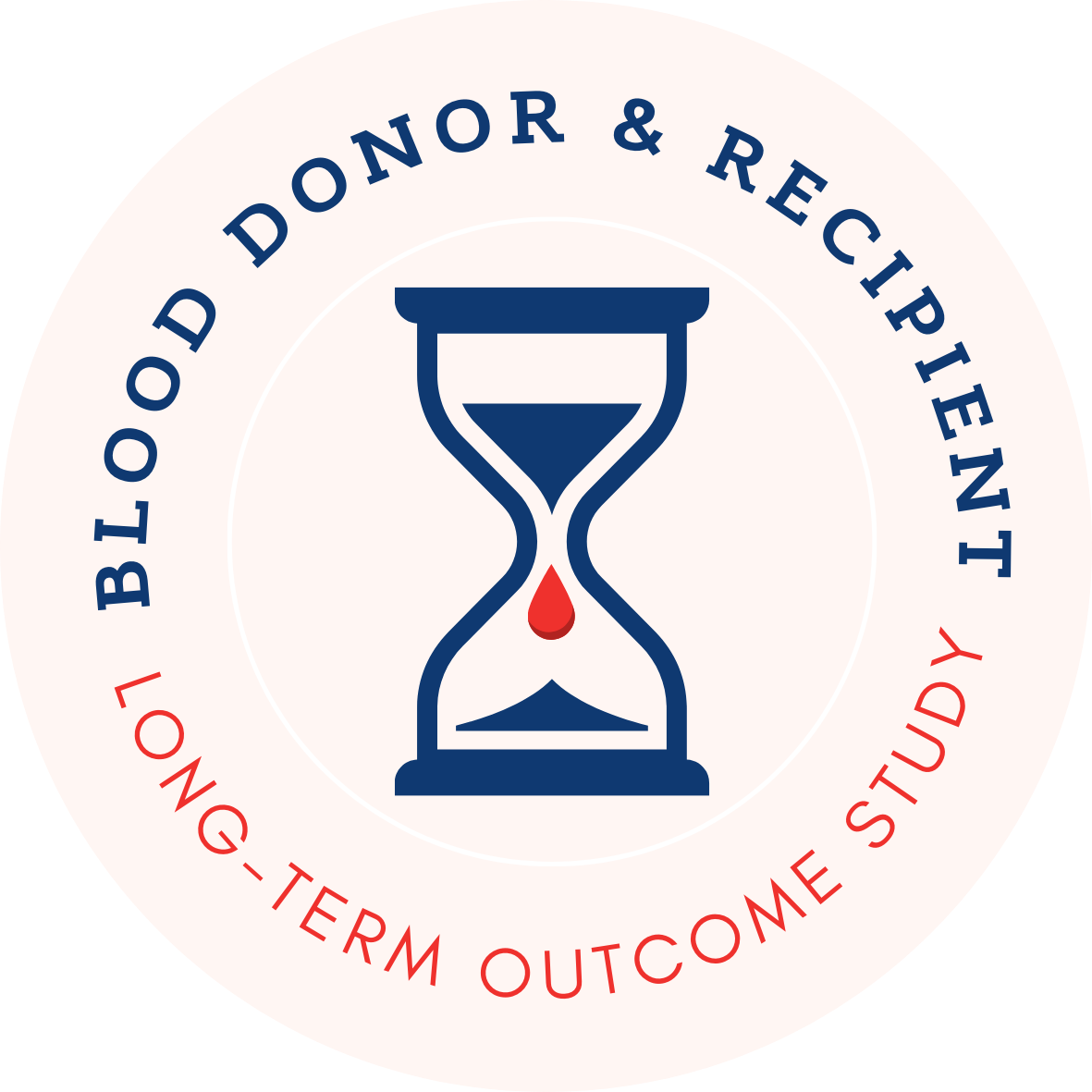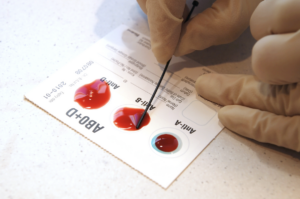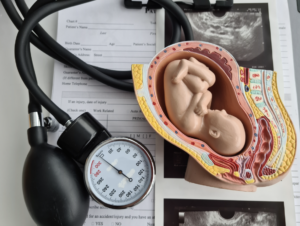Medical staff & Medical societies
Medical professionals and medical societies participating in the Registry Study for Research of Blood Donor and Recipient Long-Term Outcomes will reap numerous benefits by improving clinical practice, fostering collaboration and driving innovation in transfusion medicine.
Improved clinical practices and patient outcomes
Improved clinical practices and patient outcomes
Healthcare professionals will have access to data from the LOS registry, enabling the development of and adherence to evidence-based guidelines. This will ensure that transfusion practice is based on the latest research and that clinicians can make informed decisions that reduce the risk of transfusion-related complications and improve overall patient outcomes. The registry’s comprehensive data helps tailor transfusion practices to individual patient needs, taking into account long-term health outcomes and specific risk factors. This patient-centric approach optimises transfusion decisions and increases safety and efficacy.
In addition, digitalisation within the LOS registry will streamline data entry and management for haemovigilance reporting. This reduces the administrative burden on medical staff, freeing up more time for direct patient care. Innovative transfusion practices will contribute to a shorter length of stay for patients in hospital, further reducing the workload of medical staff.
Collaboration and professional development
The LOS fosters multidisciplinary collaboration and enables healthcare professionals to work with leading researchers, data scientists and other healthcare providers. This environment fosters knowledge sharing and professional development and enables participants to develop innovative solutions to common challenges in transfusion practice. Thorough training in the use of the LOS Registry ensures that healthcare professionals are well prepared to contribute effectively to the study. Ongoing support and access to a wealth of resources, including patient consent forms, information leaflets and a detailed study plan, facilitate seamless integration into the clinical infrastructure.
Medical societies benefit from this collaboration by working towards the standardisation of transfusion procedures, ensuring consistency and quality across different healthcare facilities. They also gain the opportunity for professional recognition and leadership roles to influence the future of transfusion medicine. The educational resources will support the ongoing professional development of society members and keep them up to date with the latest advances and best practices.
Research, advocacy, and policy influence
The LOS Registry provides a unique and comprehensive data set that tracks patient health outcomes over a 30-year period and is invaluable for conducting impactful research and publishing influential studies. Medical professionals have the opportunity to participate in collaborative research projects, contribute to scientific publications and present findings at national and international conferences. The data from the LOS Registry will inform the development of new transfusion guidelines and procedures, allowing participants to play a crucial role in shaping the future of transfusion medicine.
Medical societies can use the LOS Registry data to advocate for improved healthcare policies and influence national and international transfusion strategies. This meaningful data supports efforts to improve patient safety and quality of care, eliminate health disparities and promote health equity. The interdisciplinary approach ensures that scientific research informs policy decisions, leading to more effective and evidence-based healthcare strategies.
The participating physicians and clinics receive anonymised reports on patient outcomes, which allow them to compare their patient outcomes with national and international partners. This benchmarking process identifies areas for improvement, promotes best practice, and drives continuous quality improvement in transfusion medicine. The focus on long-term health outcomes ensures that patient safety and quality-of-life is prioritised.
Compliance with legal regulations and data security
The LOS Registry adheres to strict data protection regulations and ensures that patient data is handled in accordance with GDPR standards and stored securely. Physicians can rest assured that their participation in the study meets the highest standards for data security and patient confidentiality. The LOS study provides comprehensive documentation and statistical methods to support applications to ethics committees and authorities, enabling smooth regulatory approval. Clinicians have access to patient consent forms and detailed study plans, ensuring that all ethical considerations are thoroughly taken into account.

- Enhanced patient care and safety
- Collaborative environment for scientific advancement and professional development
- Advocacy for better health policies and standardised practices
- Digitalisation and compliance with data protection standards
How to participate?
If you would like to join the LOS Registry, simply contact us for comprehensive information, including a detailed study plan and required documentation. We provide thorough training, patient consent forms and ongoing support. Once enrolled in the registry, your clinic will contribute valuable data, participate in benchmarking and have access to anonymised reports for continuous improvement.
As a medical society, please write us. We look forward to discussing possibilities of data integration in your medical registries and collaboration opportunities.
Registry Study for Research of Blood Donor and Recipient Long-Term Outcomes
The latest news, articles, and resources on transfusion medicine – follow our deputy study director, Dr Jan Kloka, on LinkedIn.
Address
Universitätsklinikum
Frankfurt am Main
KAIS – Haus 13a
Theodor-Stern-Kai 7
60596 Frankfurt am Main
Contact
© Copyright 2024 by transfusionregistry.org








